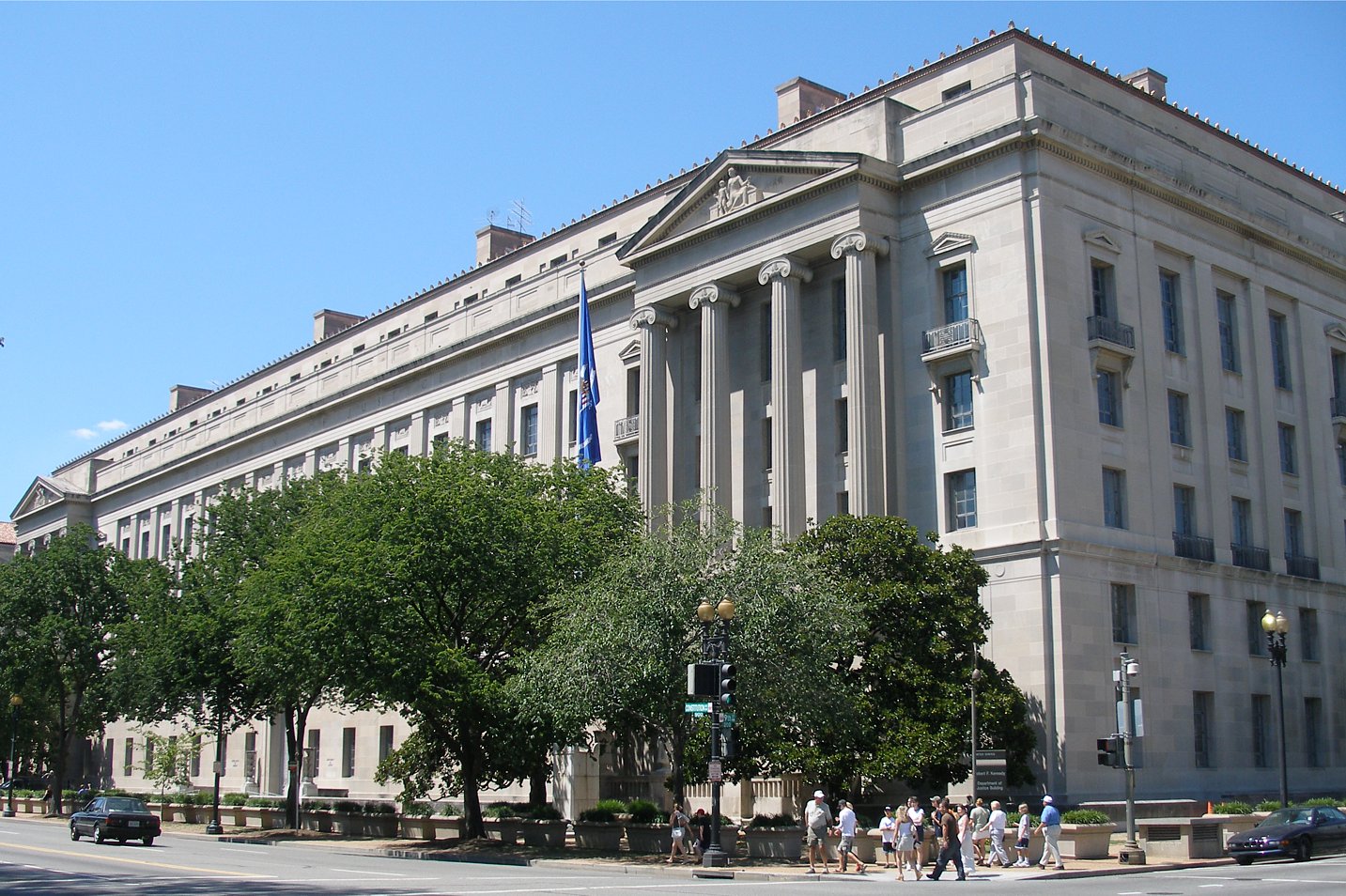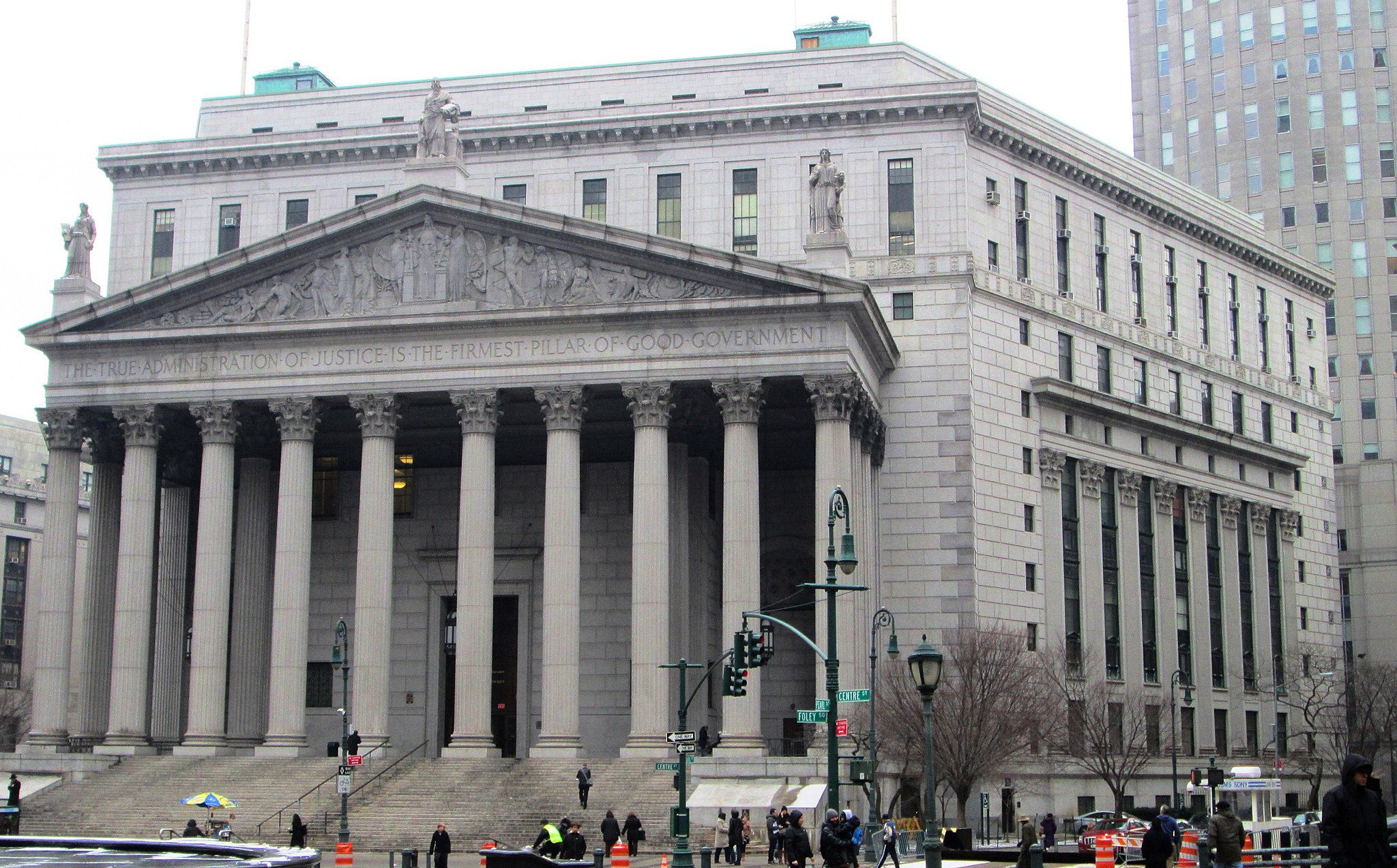Does the First Amendment Require Release of Secret Surveillance Court Documents?
The Foreign Intelligence Surveillance Court may soon decide whether the First Amendment requires it to release its major opinions and orders dating back to the September 11 attacks.
Published by The Lawfare Institute
in Cooperation With

The Foreign Intelligence Surveillance Court may soon decide whether the First Amendment requires it to release its major opinions and orders dating back to the September 11 attacks.
The ACLU made the argument for release in a motion filed in October. Unlike prior attempts to unseal FISC opinions—such as the Electronic Frontier Foundation’s lawsuit announced earlier this year, which argues the USA FREEDOM Act compels release—the ACLU’s motion (which it filed alongside the Yale Law School Media Freedom and Information Access Clinic) argues that a First Amendment “right of access” mandates release of FISC opinions.
That First Amendment argument may seem novel, but it actually has a decades-long history in the context of journalists trying to gain access to criminal proceedings. The “right of access” doctrine generally requires court proceedings and documents to be open to the public if they historically have been public and if public access offers some kind of discernible benefit. According to a series of Supreme Court decisions in the 1980s, the right derives from the structure and purpose of the First Amendment as a whole, rather than on the free speech or free press clause in particular.
In 2007, the ACLU filed a similar motion based on the right-of-access doctrine, which the FISC rejected. The court said at the time that the doctrine did not apply to its decisions because FISC proceedings and documents have not historically been open to the public. Now, the ACLU is arguing that the court’s prior decision was wrongly decided and the court should reconsider the First Amendment’s applicability.
The FISC has not yet responded to the motion, which was submitted on October 19, and it is unclear when it might. In 2013, when the ACLU and the Yale clinic submitted two motions, the FISC acted within two days to set deadlines for a government response. This time, neither the court nor the government has taken action yet, and the FISC’s procedural rules do not set a response deadline.
The Basics of the First Amendment Right of Access
Under the right-of-access doctrine, the public has a First Amendment right to see certain court proceedings and documents. That right can only be overcome if the government has a compelling interest in keeping the information secret and if its actions are narrowly tailored to address that interest.
The doctrine developed through a series of Supreme Court decisions involving criminal cases from which journalists were excluded. For that reason, there’s an ongoing debate about whether the right even exists for non-criminal cases. The Supreme Court has yet to answer that question.
But in a variety of non-criminal cases, lower courts have applied the Supreme Court’s framework for determining when the right applies.
The rule is known as the “experience and logic” test. The court asks two questions:
1. Has the proceeding or document historically been open to the press and public?
2. Does access to the proceeding end up helping the justice system or society in some way, such as by encouraging better decision-making or by increasing the public’s confidence in the system?
If the answer to both is “yes,” then the First Amendment gives the public a right of access, which can only be overcome by showing a compelling need for secrecy and narrow tailoring.
The Supreme Court first recognized the doctrine in 1980 in Richmond Newspapers v. Virginia, wherea trial court had closed a murder trial to the press and public. A divided Supreme Court overturned the decision without a majority opinion. In an influential concurrence, Justice Brennan wrote that the First Amendment’s freedoms of speech, press and assembly provide the public with a right “not only to speak or to take action, but also to listen, observe, and learn.” As Timothy Dyk later explained, Justice Brennan built on “general principles embodied in the Amendment” to conclude that access to criminal trials “was necessary to fulfill the Amendment's essential purpose of creating an informed public capable of self-government.”
The full Court adopted that structural concept two years later in Globe Newspaper Co. v. Superior Court, writing that “underlying the First Amendment right of access to criminal trials is the common understanding that a major purpose of that Amendment was to protect the free discussion of governmental affairs.”
Today, the leading right-of-access case is the 1986 decision Press-Enterprise v. Superior Court, in which a newspaper tried to obtain transcripts from a preliminary hearing in a 12-count murder trial (the hearing itself was closed to the public). The trial court withheld the transcripts out of fear that publicity would prevent a fair trial. Applying the experience and logic test, the Court held that the newspaper had a right to see the transcripts. It concluded that preliminary hearings had traditionally been open to the public (the experience prong), and that such openness improved both the actual fairness and the perceived fairness of criminal trials (the logic prong). The defendant’s concern that public access would deprive her of a fair trial, while a serious consideration, did not justify closing the entire hearing—prejudice could be reduced through voir dire or by a narrower restriction on public access.
The ACLU Argument
The ACLU’s motion argues that the public has a right to see major FISC decisions because they satisfy both parts of the “experience and logic” test. First, on the experience prong, the motion notes that “courts have customarily disclosed opinions dealing with the government’s authority to conduct investigations and gather information about individuals, particularly U.S. citizens.” Whether this is the relevant framing of the experience prong is up for debate—while the ACLU insists that what matters is whether court opinions on these topics in general have historically been public, others argue that the question is whether FISC opinions specifically have been public. In fact, that’s what the FISC itself said back in 2007, when it rejected a similar motion. There, it said the “experience” test was not met because “the FISC has never held a public hearing in its history, and a total of two opinions have been released to the public in nearly three decades of operation.” This is the major point that the ACLU says the court got wrong in 2007.
On the “logic” prong, the ACLU identifies a variety of reasons why public access to FISC decisions would be helpful:
Access would enhance the functioning of this Court and the FISA system by facilitating effective public oversight; increasing the legitimacy and independence of this Court; subjecting this Court’s legal opinions to scrutiny within our common-law system; and permitting Congress, subject-matter experts, and the broader public to evaluate this Court’s legal interpretations as they consider changes to the law.
Finally, the ACLU argues that there exists no compelling interest outweighing the public’s right to access the decisions. Its motion goes into less detail on this point, noting that it is the government’s burden to demonstrate the compelling interest.
It is unclear when the FISC or the government will respond to the ACLU’s motion. But if the government decides to reply, it is likely to emphasize the FISC’s 2007 opinion that rejected similar arguments. It could argue that the court was correct then when it looked to its own practice, rather than the practice of courts generally, when deciding whether its opinions were historically available to the public. The safest and likeliest choice for the court is to stick with its precedent and withhold its opinions from public scrutiny. But a lot has changed since 2007, and what choice it makes remains to be seen.




